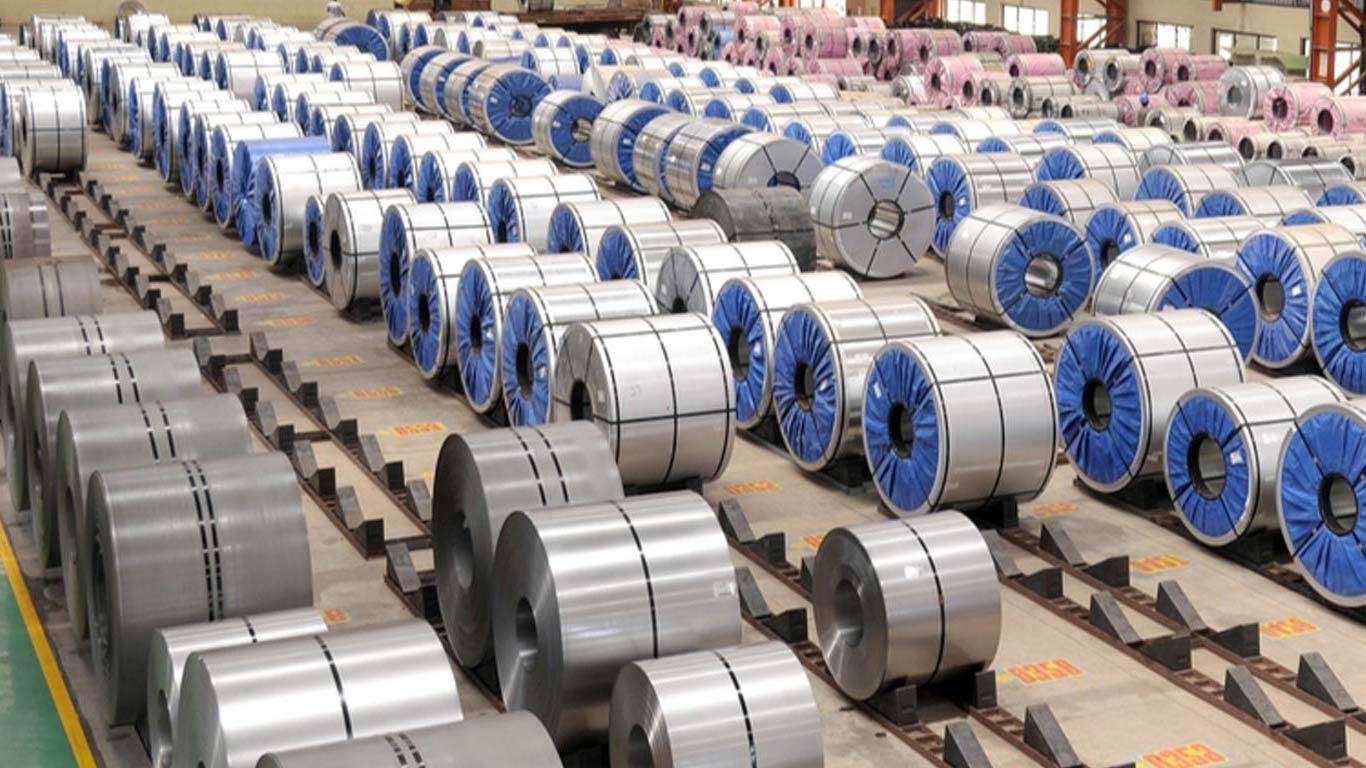India Imposes Anti-Dumping Duties to Curb Cheap Chinese Imports
Current Affairs International IssuesPosted by newadmin on 2025-03-26 08:56:47 |
Share: Facebook | Twitter | Whatsapp | Linkedin Visits: 54

India has recently introduced anti-dumping duties on five products imported from China to protect local industries from the unfair competition posed by low-priced imports. These measures align with the World Trade Organization (WTO) regulations, as anti-dumping duties are tariffs imposed on foreign imports that are priced below fair market value. With India's trade deficit with China reaching USD 85 billion in 2023-24, the government is taking active steps to safeguard domestic industries.
The newly imposed duties affect several key products. Soft Ferrite Cores, which are used in electric vehicles and telecom devices, will be subjected to a duty of up to 35% of the CIF value. Vacuum insulated flasks will face a duty of USD 1,732 per tonne, while aluminium foil imports will incur a provisional duty of up to USD 873 per tonne for six months. Trichloro Isocyanuric Acid will have duties ranging from USD 276 to USD 986 per tonne, further restricting low-priced imports from affecting domestic production.
The process of imposing these duties is carried out by the Directorate General of Trade Remedies (DGTR), which investigates dumping claims and assesses the injury to domestic industries caused by low-priced imports. This analysis involves examining both the volume and price effects of the dumped goods. If it is determined that the domestic industry has suffered injury, the DGTR recommends anti-dumping duties, which are then finalized by the Ministry of Finance.
Legally, dumping is defined as selling goods in a foreign market at lower prices than in the domestic market, often resulting in unfair price discrimination. The WTO describes dumping as a form of international price manipulation, and determining whether dumping has occurred involves comparing the normal value of goods in the exporting country with their export price in the importing country. This complex process helps establish whether the pricing practices are harming local industries.
The introduction of anti-dumping duties aims to restore fair competition by preventing domestic industries from being undercut by cheaper imports. While these measures can protect local businesses and jobs, they can also lead to trade tensions between countries. Critics argue that such protective measures could hinder free trade and potentially lead to retaliatory actions from affected trading partners.
Dumping remains a contentious issue in global trade. Countries like China have frequently been accused of engaging in dumping practices, often supported by government subsidies and lower labor costs. Such aggressive pricing can threaten jobs and businesses in importing countries, prompting them to introduce protective measures to ensure a level playing field for their domestic industries.
Search
Categories
Recent News
- Nuclear Diplomacy Revived: US and Iran Resume Talks
- Curiosity Illuminates Mars: Unveiling the Red Planet's Night Secrets
- Telangana's Cybercrime Conclave: AI Takes Centre Stage
- SEIL's Rs 20 Crore Hospital Project: A Milestone for Rural Healthcare
- India's Strategic Patience: Navigating US Trade Tensions
- Cyclone Ditwah: Andhra on High Alert as Storm Approaches
- Fiscal Focus: Navigating the Path to Economic Stability
- Asian Football Showdown: India Joins the Race to Host 2031 Asian Cup
Popular News
- Navigating IPO Market Dynamics Amid Volatility and Regulatory Changes
- Massive Worldwide Microsoft Outage Disrupts Multiple Sectors
- Panjapur Bus Stand to Reshape TNSTC Routes
- తెలుగుదేశం పార్టీ - పేదరికాన్ని నిర్మూలించడంలో వాగ్దానం
- Universities Embrace Remote Learning Technologies Amidst Ongoing Pandemic